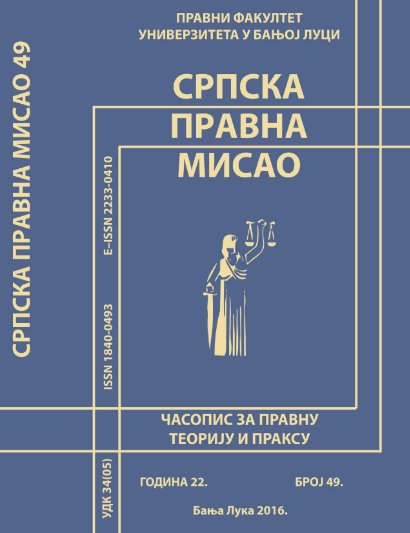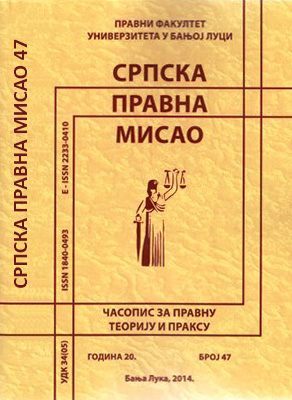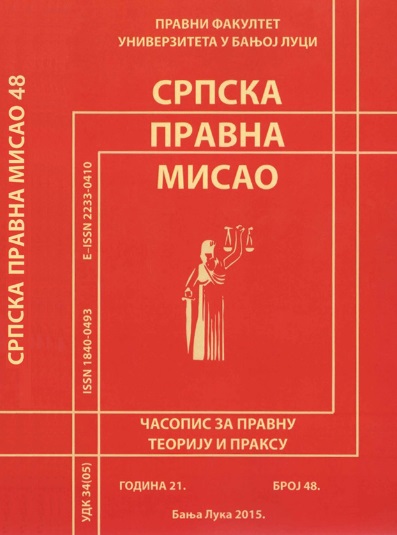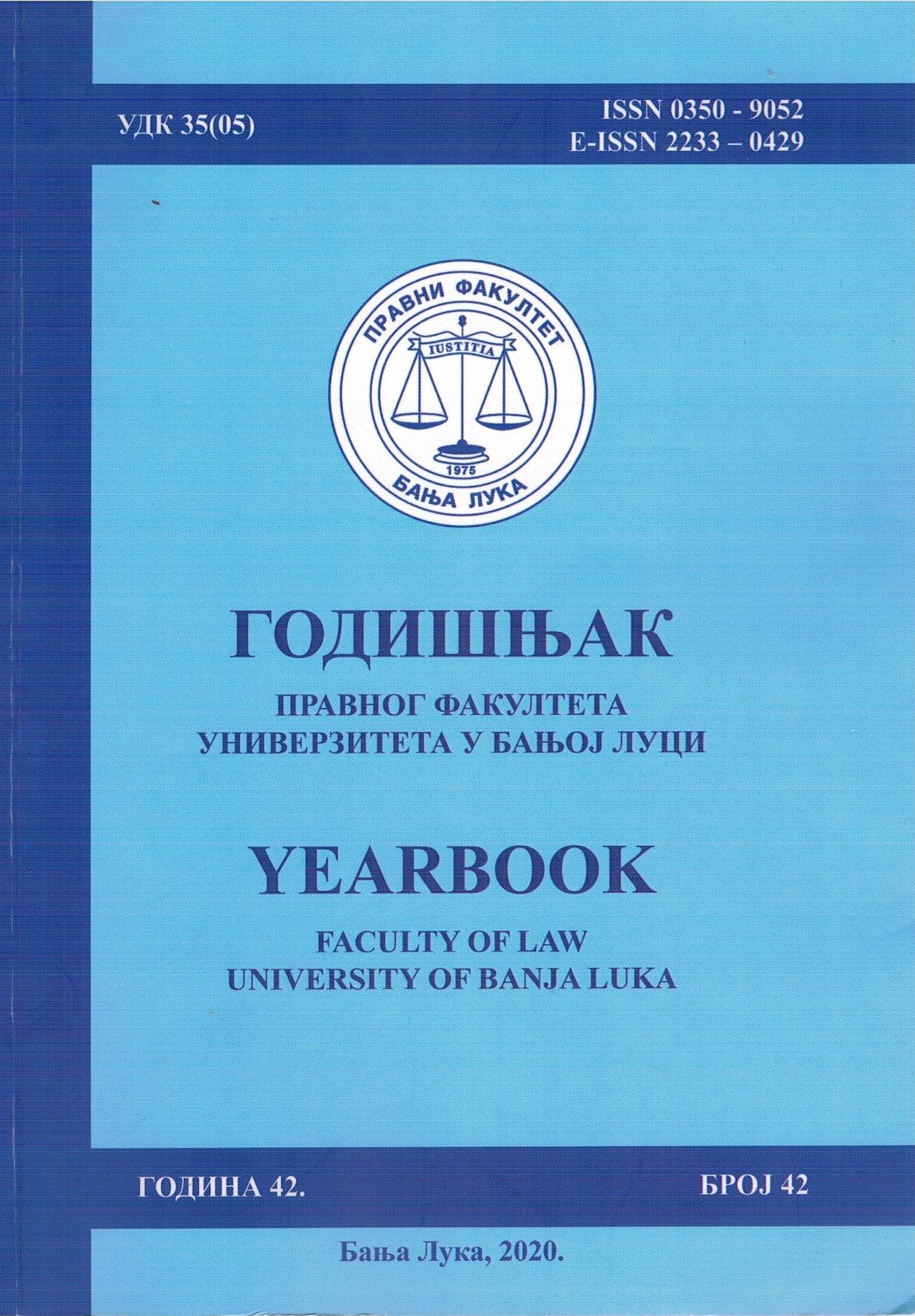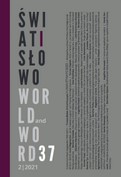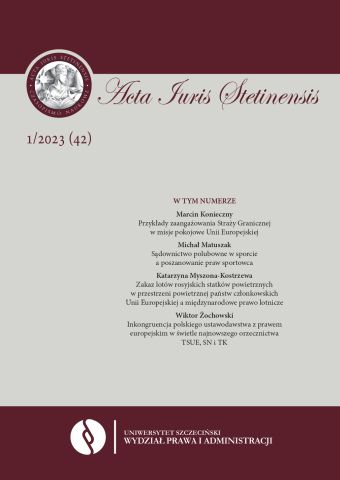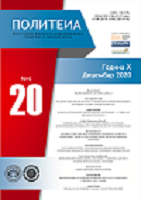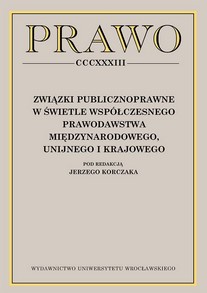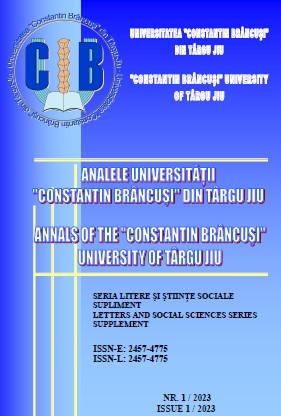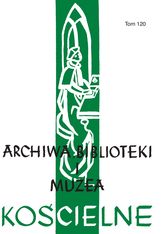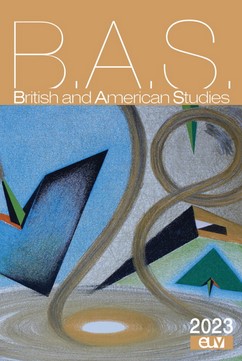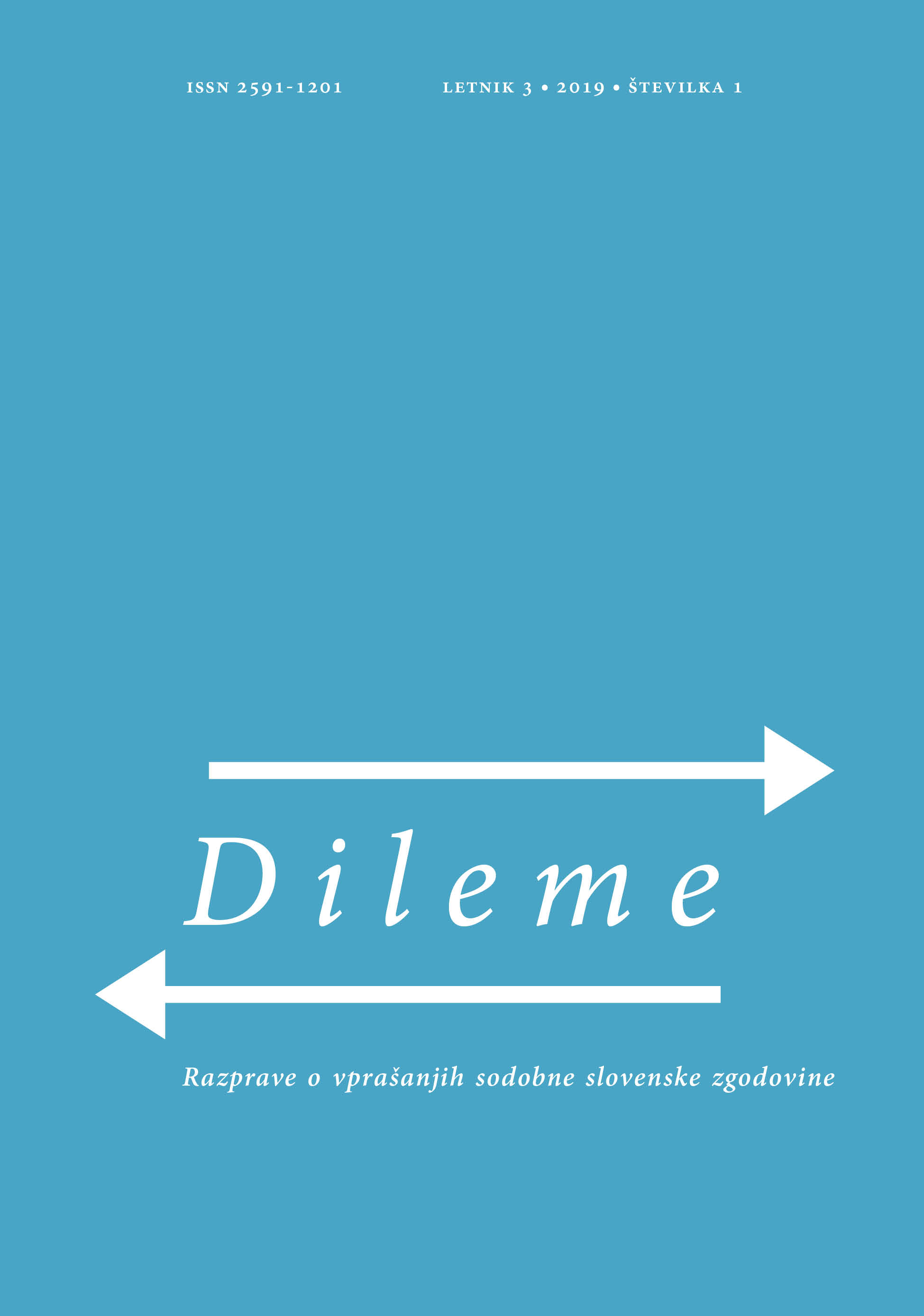
Ustavno sodišče Republike Slovenije kot varuh človekovega dostojanstva
Human dignity and the protection of human rights and fundamental freedoms represent the core values of the Republic of Slovenia, thus distancing it from the SFRY, which did not respect the principles of the rule of law and severely violated human rights. In its initial period of operation, the Constitutional Court of the Republic of Slovenia also gave its opinion on the previous regime and its violations of human rights and fundamental freedoms, which was greatly influenced by the judge of the Constitutional Court dr. Lovro Šturm. In many of its court decisions and separate opinions, the Court found that the forms of violence carried out by the communist totalitarian regime in the Slovenian territory were unlawful, since the legislation was illegitimate, and most of it was adopted and used as a means for the violence and carrying out of the communist revolution and the establishment of the totalitarian regime. Furthermore, the judiciary was politically used and misused as assistance in the carrying out and maintaining of the revolution until the fall of the communist totalitarian regime in 1990.
More...
